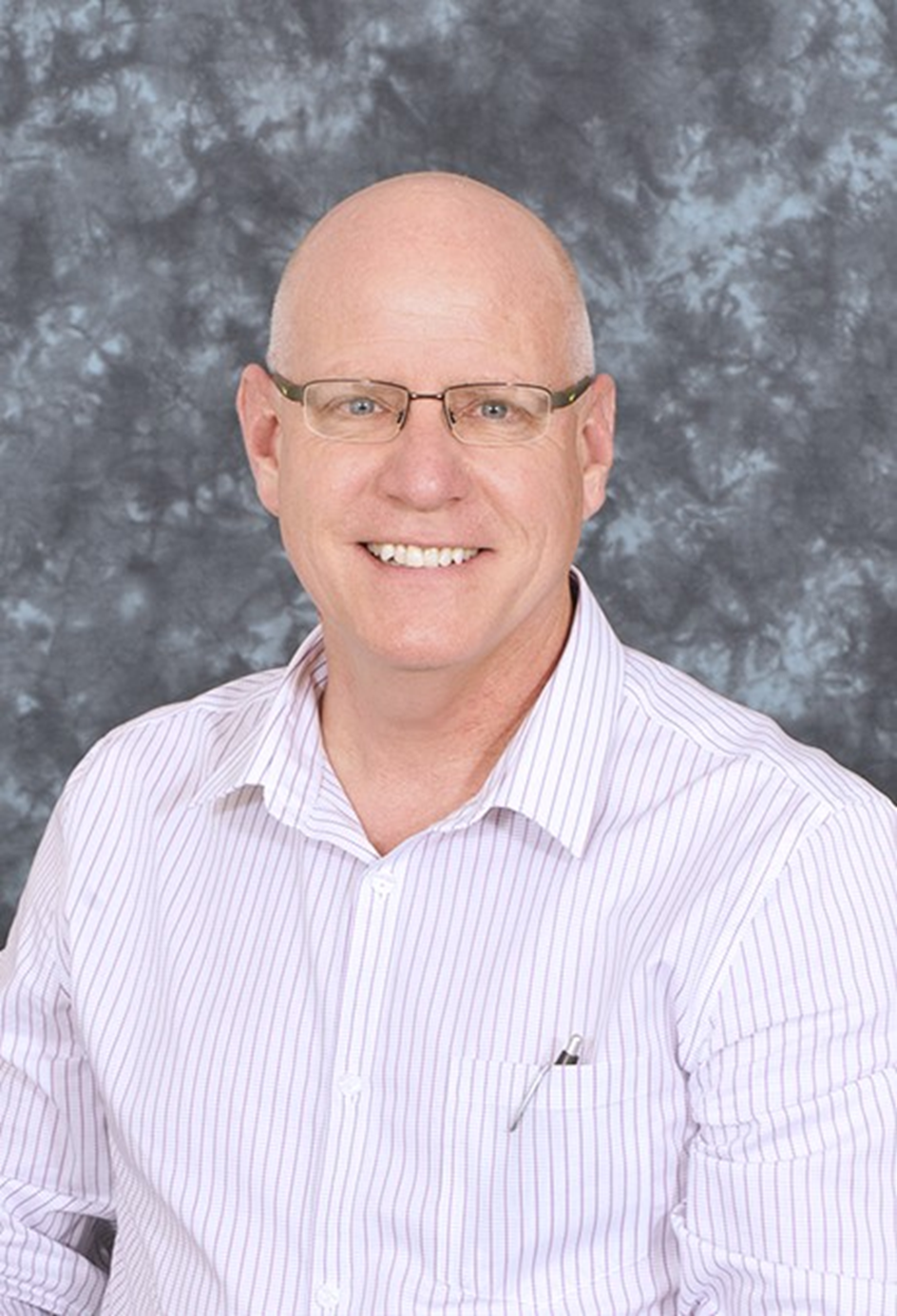The future is bright, and Professor Bruce Nixon of Mt. San Antonio College’s Psychiatric Technician Program has been a leader in pioneering exciting changes to his department. Nixon has been involved in all aspects of the implementation of their new virtual reality program – everything from the conceptualization to the meetings with the vendors that worked on the technical aspects of the project, the filming, post-production (content-related) and finally, testing. The goal of the new program at Mt. SAC is to give students the opportunity to practice clinical skills in a safe way before going into the actual clinical environment. It’s a true hand tracking approach that simulates a clinical environment in a mental health setting.
In an interview with Nixon, he highlights the impact this has had on his students. “The students have had multiple opportunities to practice the skill sets that were utilized in the scenario, and debriefing sessions were utilized to give the students not only the correct responses, but the rationale for them. The students had fun practicing skills in a safe (and fun) manner.”
The basic setup is as follows: the students put on a virtual reality headset and select a scenario. A client appears on screen and makes a verbal statement or gives some nonverbal cues to behavior. Some potential responses appear on the screen. A different video will be triggered depending on which response was selected. The students can get back on the correct path, or if they don’t, eventually the program ends.
“We are in the process of developing more scenarios (suicide risk assessment, medication side effects, de-escalation techniques, etc.). Discussions have begun on developing scenarios that are interactive between disciplines, such as a paramedic student teaming up with a registered nursing student to work together as a team, each utilizing skill sets they are learning in their respective programs, to complete a scenario,” said Nixon.
“We are also discussing how the program could be utilized as a training device at the college, such as a scenario in which someone that has a lot of face-to-face interaction with the general public might be taught some basic de-escalation techniques.”
– Professor Bruce Nixon
The future of virtual reality is going to be huge, and this is a nice way to interconnect didactic concepts with clinical skills in a safe and fun manner.

The Discussion 0 comments Post a Comment